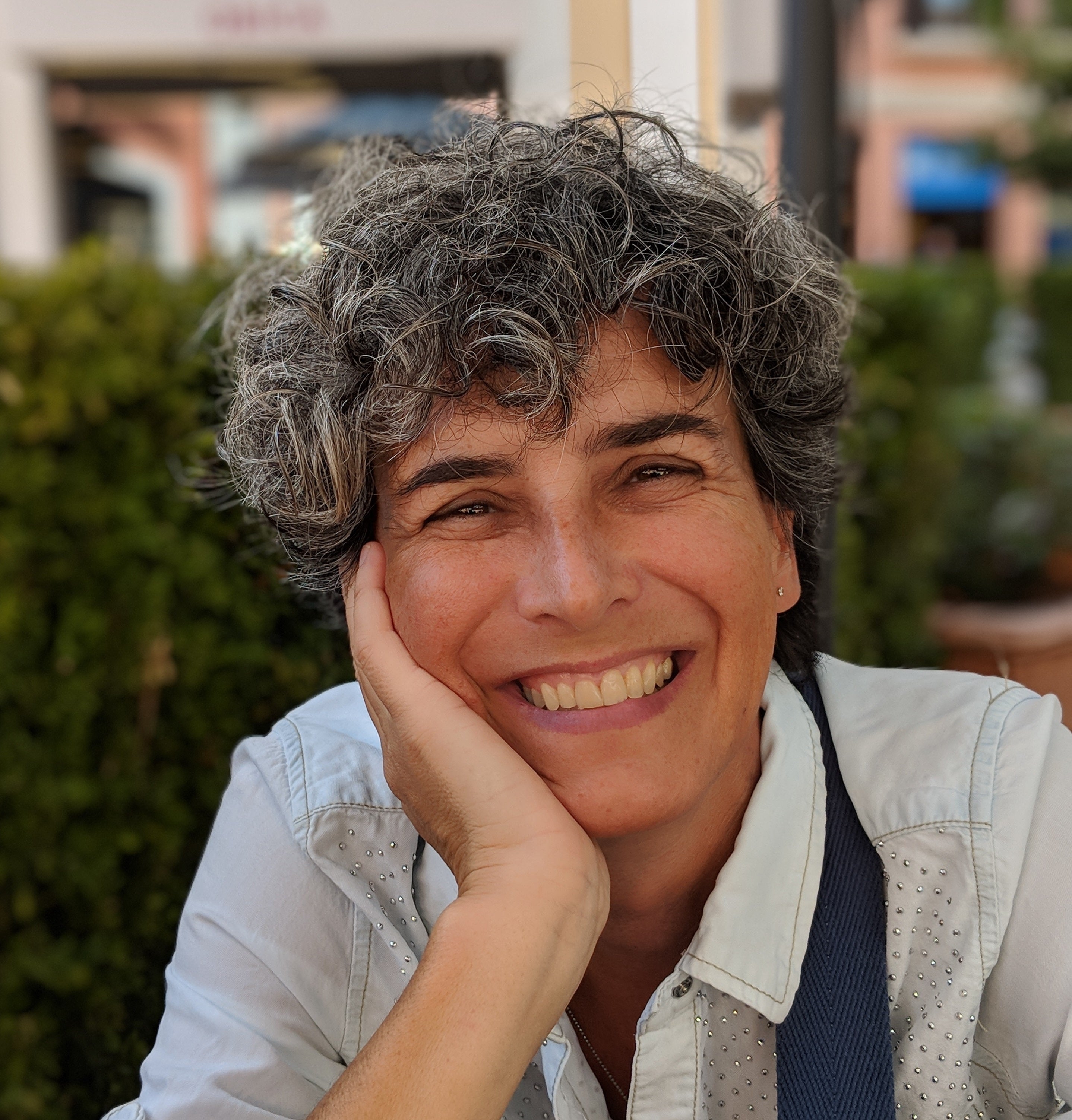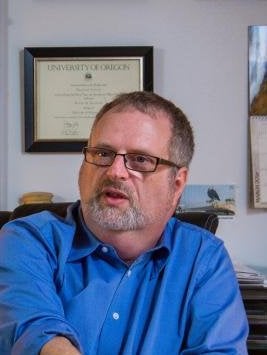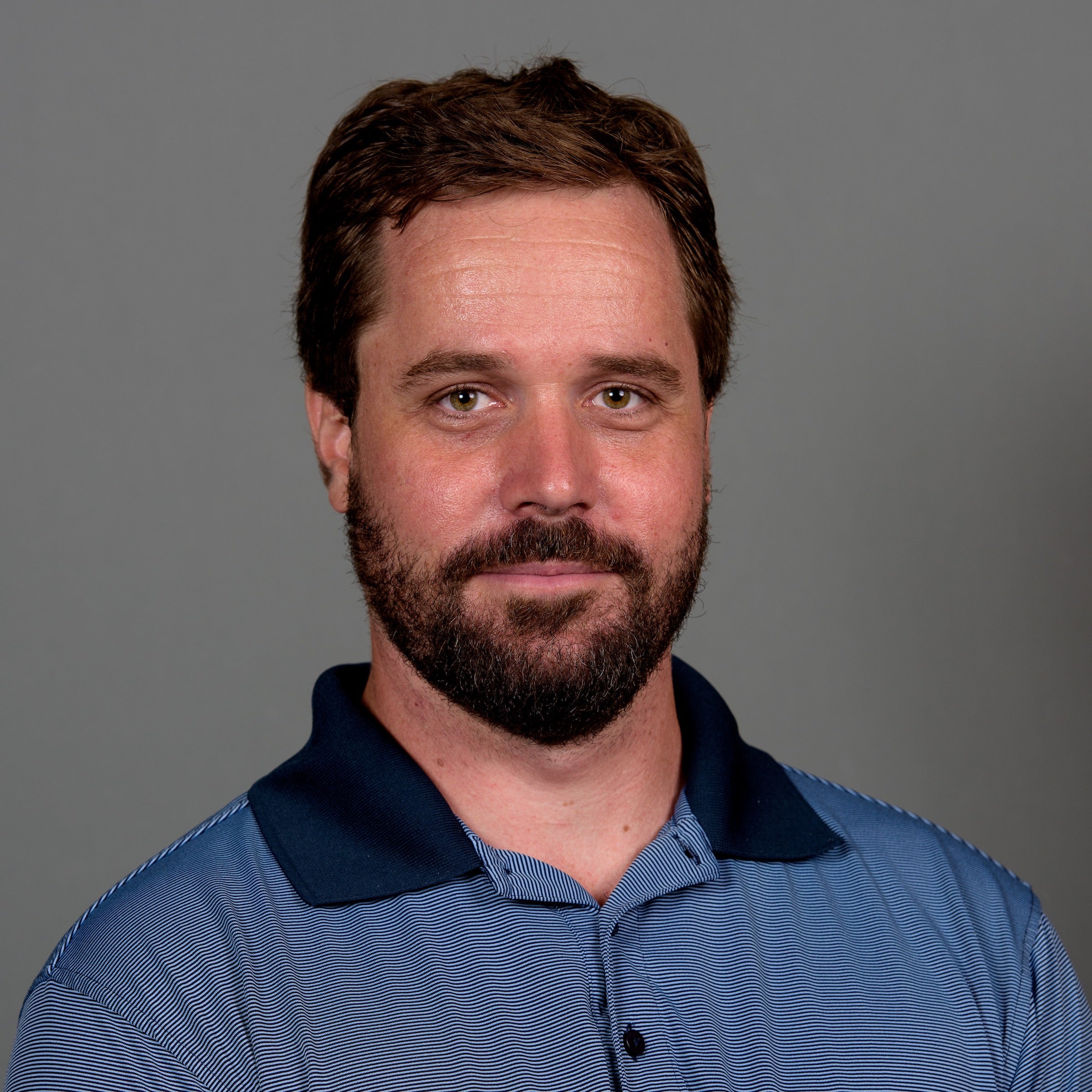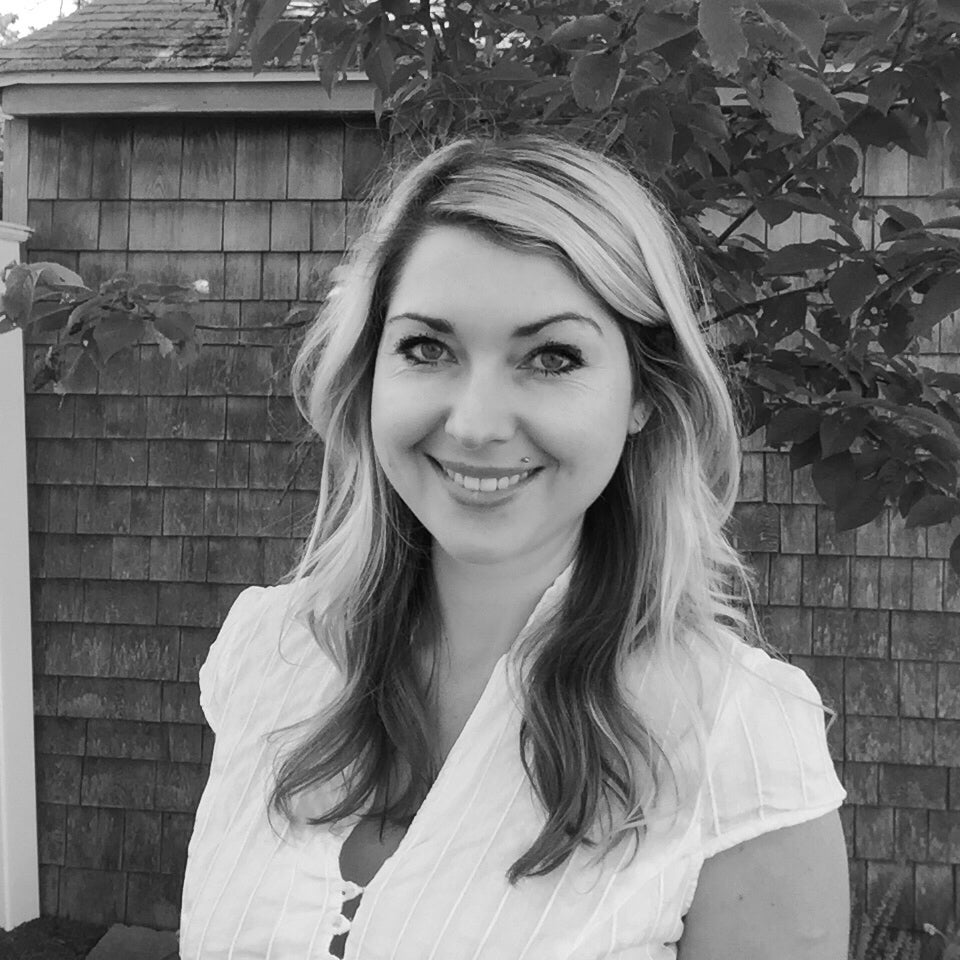School of International Letters and Cultures faculty selected for Global Futures Research Accelerator
Four faculty members in Arizona State University's School of International Letters and Cultures have been selected to participate in the inaugural cohort of the Global Futures Research Accelerator program for the 2020–2021 academic year: Serena Ferrando, Daniel Gilfillan, Isaac Joslin and Natalie Lozinski-Veach.
The Global Futures Research Accelerator program is offered as part of the Julie Ann Wrigley Global Futures Laboratory at ASU.
The faculty members are eager to find ways to leverage the global implications of their research within a multidisciplinary framework of sustainability scholarship. They are interested in developing collaborative projects that recenter the humanities as essential areas of inquiry for sustainability.
Arguing that sustainability studies needs to continually rethink the position of the human as the central measure for understanding the complex threads of any one environmental issue, the group plans to organize a series of projects that take the human, nonhuman, and more-than-human into account.
These projects include promoting “place-based” research in undergraduate courses; exploring how different groups of people think about environmental issues such as water scarcity, noise pollution, the conservation of nonhuman habitats and human/nonhuman relations; cultivating an ecosystem in the school focused on academic and “planetary” sustainability; and sponsoring a series of talks and events with artists, scholars and scientists to capture people’s imagination about these critical issues both in the greater ASU community and beyond.
Serena Ferrando, assistant professor of environmental humanities and Italian, studies water and contemporary Italian poetry. Her book project, "City of Water: The Poetic Geography of Modern Milan," offers an original ecocritical-cultural narrative of the relationship between poetry and nature in the city of Milan, Italy, across the work of three Milanese poets.
Ferrando’s work reveals how Milan, traditionally viewed as the paradigm of the industrial city, has been engaged in a subtle dialogue with nature that has shaped its geography over the years. This interest in Milan’s canals also informs Ferrando’s ongoing work on a digital humanities exhibit called The Navigli Project, including the eventual development of a smartphone app to help foster an urban ecological citizenship that is based on Milan’s few remaining canals and the nostalgia for those long buried by past development.
Daniel Gilfillan, associate professor of German, examines cultural narratives and performances that explore human relationships to sustainability and the environment through the modality of sound.
His current book project, "The Unsung Planet: Resilience, Resonance and Our Sonic Imagination," provides a critical examination of sound-based examples that imagine acoustic realms in which human-centered listening becomes displaced and where human voice and human noise reside solely as players within a larger ecosystem of communication.
Key to Gilfillan’s research is exploring how these experiences can be understood as an element of sound perception and as moments of shared resonance and attunement across ecosystem experiences.
Isaac Joslin, assistant professor of French, analyzes literary and cinematic cultural expressions from the African continent and diaspora to challenge Western biases of pure rationalism that undergird the often-linear narratives of modern progress. By reframing development discourses from endogenous African perspectives, his current book project, "Afro-Futures: Rethinking Development through Humanities," argues for the importance of arts and humanities for imagining equitable and sustainable futures for global societies.
His project elaborates on the diverse ways in which African philosophies and humanist narratives can address key developmental issues and articulate solutions rooted in indigenous African modes of communal knowledge production and dissemination. His monograph promises a cohesive analysis of viable alternative systems to ensure the integrity of both human and environmental cultures within a holistic ecological narrative that fosters cultural mores, educational models, and economic practices for sustained, integrated human and environmental coexistence.
Natalie Lozinski-Veach, assistant professor of German, studies modern German thought to ask how art can help us rethink our humanity in relation to other beings. Her work brings animal studies together with aesthetics and Frankfurt School critical theory to explore multispecies approaches to questions of history, trauma, and ethics. In her current book project, "Creaturely Constellations: Animals, Literature, and Critical Thought after Auschwitz," she considers the persistent challenges of Holocaust representation from this angle. Her project traces how philosophers and poets reimagine language beyond the human in order to find alternative modes of aesthetic expression in response to the Shoah.
Despite their differences, these projects have a central trait in common: They combine the focus on specific places and histories that marks traditional environmental thinking with an awareness of transnational connections. In its most basic definition, ecology studies the relations between animals and their environments. For the human animal, these relational networks both include and exceed immediate, local points of connection; they consist of intersecting webs of cultural influence, ephemeral historical trajectories and intangible political tensions.
This article was co-written by Serena Ferrando, Daniel Gilfillan, Isaac Joslin and Natalie Lozinski-Veach. Kimberly Koerth of the School of International Letters and Cultures contributed to this article.
More Science and technology

ASU postdoctoral researcher leads initiative to support graduate student mental health
Olivia Davis had firsthand experience with anxiety and OCD before she entered grad school. Then, during the pandemic and as a…

ASU graduate student researching interplay between family dynamics, ADHD
The symptoms of attention deficit hyperactivity disorder (ADHD) — which include daydreaming, making careless mistakes or taking…

Will this antibiotic work? ASU scientists develop rapid bacterial tests
Bacteria multiply at an astonishing rate, sometimes doubling in number in under four minutes. Imagine a doctor faced with a…



